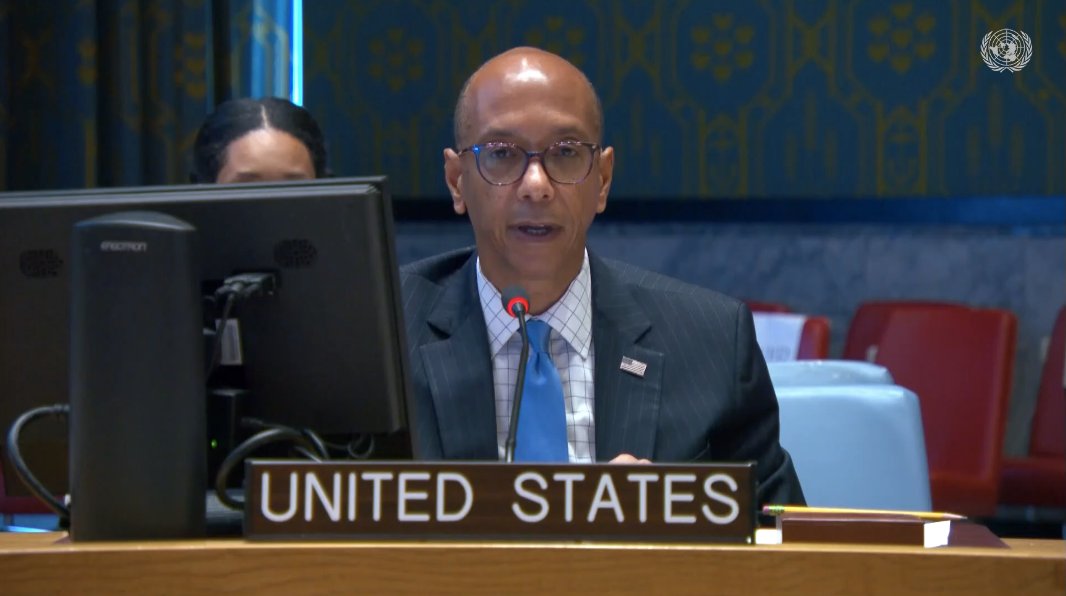
Guterres has been both praised and reviled for raising the issue so directly.
The United States told a United Nations (UN) Security Council meeting on Friday that it opposed an immediate ceasefire in the fighting raging in Gaza.
“While the United States strongly supports the durable peace, in which both Israelis and Palestinians can live in peace and security, we do not support calls for an immediate ceasefire,” said Deputy US Ambassador Robert Wood.
“This would only plant the seeds for the next war, because Hamas has no desire to see a durable peace to see a two-state solution,” Wood added.
The highly charged debate on the humanitarian crisis comes after the UN Secretary-General, António Guterres, took the extremely rare step of invoking article 99 of the UN charter that permits him to bring a threat to world security to the attention of the Security Council.
Guterres has been both praised and reviled for raising the issue so directly.
Arab and Islamic states have been steadily building diplomatic momentum to table a resolution calling for a ceasefire, a move that gained greater urgency once the previous truce broke down on 1 December and Israel restarted its offensive in the south of Gaza.
The motion also calls for the “immediate and unconditional” release of all hostages and “ensuring humanitarian access”.
The US secretary of state, Antony Blinken, has admitted there is a gap in the protections intended to be provided to Gaza’s civilians and the reality in many UN shelters. He said: “There is a gap between what I stated in Israel regarding the protection of civilians and what we are witnessing on the ground now.”
He listed a series of measures that Israel could take to do more to protect civilians, some of which were raised by Joe Biden, the US president, in a call on Thursday with Benjamin Netanyahu, the Israeli prime minister.
The UN has also welcomed plans by Israel to allow inspections of humanitarian convoys at an extra border crossing, Kerem Shalom, a measure that could increase the flow of aid.






